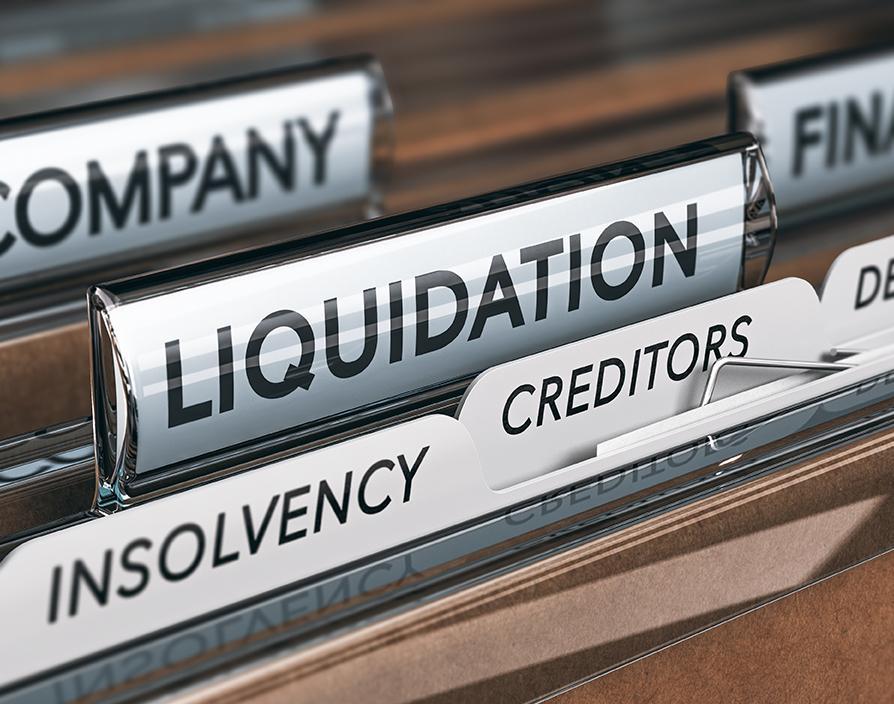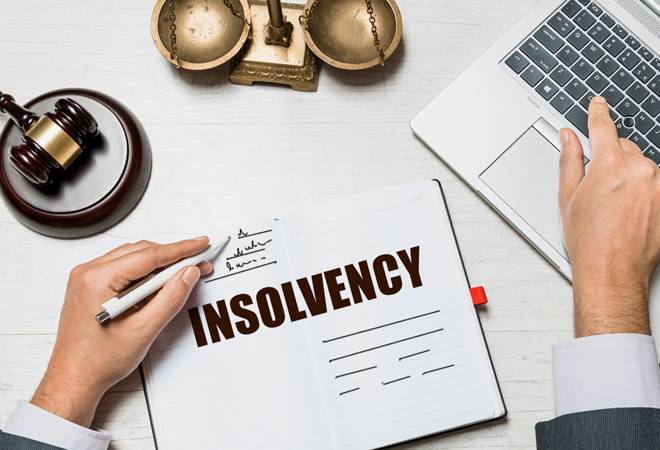Insolvency Practitioner Things To Know Before You Get This
Insolvency Practitioner Things To Know Before You Get This
Blog Article
What Does Insolvency Practitioner Mean?
Table of ContentsRumored Buzz on Insolvency PractitionerThe Ultimate Guide To Insolvency PractitionerThe Ultimate Guide To Insolvency PractitionerNot known Facts About Insolvency PractitionerInsolvency Practitioner - QuestionsHow Insolvency Practitioner can Save You Time, Stress, and Money.The smart Trick of Insolvency Practitioner That Nobody is Discussing
Insolvency is when obligations are higher than the worth of the firm, or when a debtor can not pay the debts they owe. A firm can become insolvent due to a number of scenarios that cause poor capital. When faced with bankruptcy, a company or person can contact creditors straight and restructure debts to pay them off.
Business proprietors might speak to financial institutions straight and restructure financial obligations into even more workable installations. Lenders are usually amenable to this technique because they desire to be paid back and stay clear of losses, even if the settlement is on a delayed timetable.
The owner develops a proposition describing how the financial debt may be reorganized using expense reductions or other strategies for support. The proposition shows lenders just how business might produce sufficient cash flow for successful operations while paying its financial debts. Usually, a forgiven financial debt may be thought about income by the Internal Profits Solution (IRS).
The Of Insolvency Practitioner
When an organization has to pay boosted prices for products and solutions, the business passes along the price to the customer. Instead than pay the boosted price, lots of consumers take their organization somewhere else so they can pay much less for a services or product. Losing customers leads to shedding income for paying the company's lenders.
When procedures discontinue, so does the company's revenue. Some business come to be financially troubled due to the fact that their items or services do not develop to fit customers' transforming needs.
Some Known Facts About Insolvency Practitioner.
Expenses exceed revenues and expenses continue to be unpaid. Sorts of bankruptcy include cash-flow insolvency and balance-sheet bankruptcy. Cash-flow bankruptcy takes place when a firm has the possessions to cover their debts yet they are in the incorrect form, such as actual estate as opposed to liquid funds. Balance-sheet insolvency, on the other hand, suggests an absence of assets in any kind of form to cover financial obligations.
The IRS states that an individual is bankrupt when the total obligations exceed total possessions. Insolvency Practitioner. A bankruptcy, on the other hand, is a real court order that illustrates how an insolvent individual or business will certainly settle their lenders, or exactly how they will sell their properties in order to make the payments
Insolvency Practitioner Fundamentals Explained
If that scenario extends longer than anticipated, it can lead to personal bankruptcy. this When a company or individual is financially troubled, they can not satisfy their financial obligations. Solvency is when you have sufficient funds to cover the settlements you owe. A business is taken into consideration solvent when they have extra properties than responsibilities.

Understanding the variables that can lead to insolvency, such as overspending, can assist you stop bankruptcy and its effects.
Not known Details About Insolvency Practitioner
It is well known that directors and policemans of firms (and managers of limited liability companies) owe fiduciary responsibilities to their companies and their investors (or participants). These fiduciary commitments are specified by state statutes and, though there are variations from one state to another, they typically include an obligation of loyalty and a duty of treatment.
The task of treatment requires supervisors and police officers to work out diligence, to make enlightened decisions, and to act in good belief to make sure that their activities are in the best passion of the business. Though beyond the extent of this conversation, some states permit these tasks to be limited either by so web keeping in mind in the organizational documents or complying with various other demands.
A Biased View of Insolvency Practitioner

Take care regarding offering investors favoritism at the cost of lenders (e.g., licensing and funding a reward or a supply redemption). Take care about favoritism in between classes of shareholders. Make reasonable initiatives to discover all the facts prior to taking a details strategy; supervisors must truly think that any decisions made are in the finest interests of the corporation in its whole (i.e., choices will be examined in hindsight due to the impact of such activities on the firm).
In any kind of personal bankruptcy or insolvency case, payments made to particular creditors at the cost of various other lenders can be clawed back, especially if there is some connection between the business and the creditor. Think about suggesting at an annual stockholder meeting (or any type of various other conference of stockholders) a resolution attesting that all prior company choices and actions taken by the directors and officers of the firm were absorbed good faith after a workout of practical treatment.
Some Known Questions About Insolvency Practitioner.
Fully divulge any kind of personal or organization recommended you read relationships with celebrations beyond of deals entailing the firm to stay clear of the appearance of a dispute of rate of interest. In reviewing potential fund raising transactions or a sale of assets of the struggling firm, realize that these transactions may be inspected later on due to any succeeding growth of directors' fiduciary responsibilities to include creditors.
Report this page